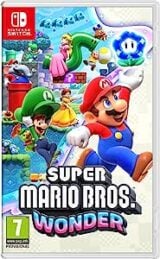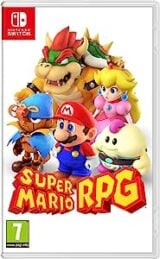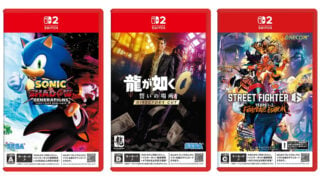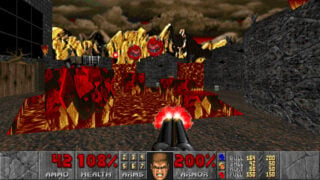Shigeru Miyamoto says the Mario Movie has surpassed his expectations
Nintendo’s creative fellow discusses the film’s huge success ahead of its Japanese release
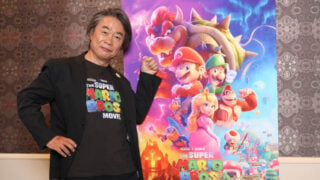
Nintendo’s chief designer, Shigeru Miyamoto says The Super Mario Bros. Movie has exceeded even his tall expectations, ahead of its Japanese release this week.
Since its broad release globally earlier this month, the Illumination movie has been a huge box office success. According to the latest reports, its third weekend was Universal’s highest ever in the US, and it’s well on course to generate over $1 billion globally.
Speaking to Japanese press ahead of the movie’s debut in Nintendo‘s home country, Mario creator Miyamoto discussed its performance and the reception from critics, which he acknowledged had been mixed.
“I did have a level of expectations that this movie would also do well [like the Super Nintendo World theme park], but I was very surprised that it went beyond what I could have imagined when it finally came out,” he said, translated by VGC contributor Robert Sephazon.
“You need some luck to achieve this level of success for a film,” he added. “While many foreign critics have given the movie relatively low ratings, I think that also contributed to the movie’s notoriety and buzz.
“I’d be happy if viewers could say that the definition of what a movie is has changed because of this film. That just shows how lucky we were.”
Earlier in the press junket, Miyamoto revealed that the Japanese version of the Mario Bros. Movie wasn’t a straight translation of the US version. Rather, Nintendo had handled the Japanese script independently.
According to Miyamoto, this was in order to create a more engaging film for Nintendo’s home audience, rather than something that would be “awkward” when compared to the US version created by Illumination.
“Since we were creating this movie in both Japan and the United States, we thought we should make a Japanese version as well,” the creative fellow told assembled press.
“What I often say is that in games, we should value stories that are ‘like real stories, even though they’re not.’ They’re completely fictional, but I think they seem almost real because there’s some element of reality in them. This is true for dramas as well. When I see that the most important part, which is making it seem ‘like a real story’ is done carelessly, I feel disappointed.
“So when we decided to make this movie, we discussed creating a unique Japanese script from the beginning. Even if we were shown an English script, it would be hard to understand the subtle nuances.”

Miyamoto revealed that over the past decade, he’s developed an interest in TV morning drama shows in Japan, and developed a reputation internally for critiquing them.
“At Nintendo, I have the joke title of ‘NHK Morning Drama Critic’,” he said, referencing the national broadcasting company in Japan. “I check morning dramas every day and provide various critiques. Sometimes I’ll praise them as being fantastic, and other times I’ll point out their shortcomings.
“Gradually, I’ve become more outspoken, and even my wife has told me, ‘I don’t want to hear it, go talk about it somewhere else.” [laughs] Over the past 10 or 20 years of doing this, I’ve developed an interest in creating dramas.
“I find that morning dramas often have lively dialogue. Directors who emphasise ad-libs tend to create more engaging content overall. When a director or cinematographer is on set and says, ‘Okay, that’s a wrap!’ I often think, ‘I can’t believe they approved this line.’ I realised that lively conversations are crucial in creating dramas.”
He added: “For this Japanese version, we wanted to create a script that wouldn’t be awkward when compared to Chris’s [the director] version, so we were involved in various ways up until the voice recording. Basically, over the past decade or so, I’ve been quite conscious of creating dramas in my daily life.”






